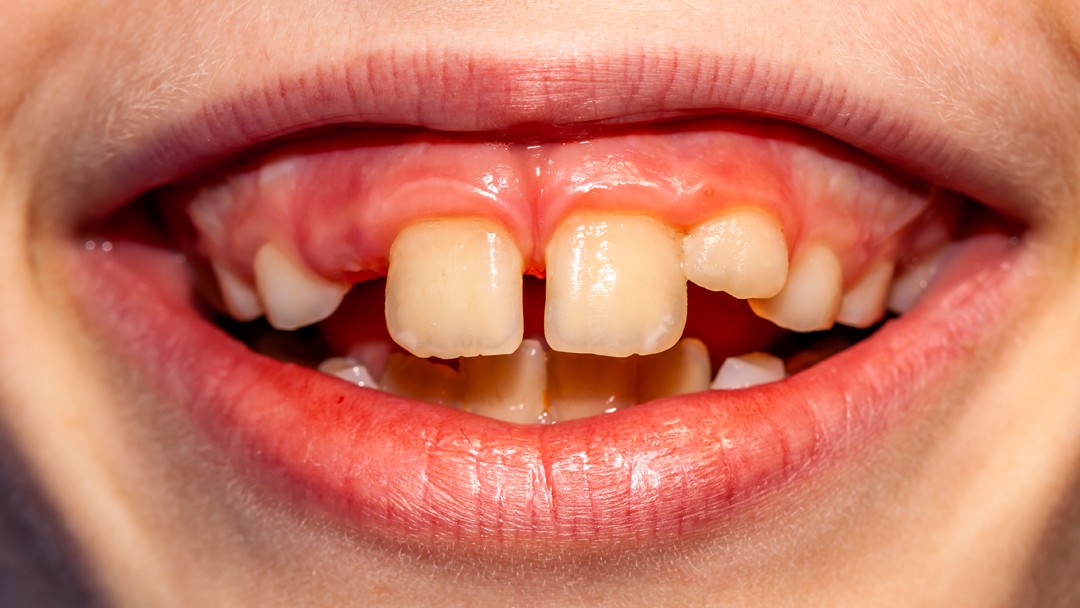- December 2024
- November 2024
- October 2024
- December 2023
- April 2022
- March 2022
- February 2022
- January 2022
- November 2021
- October 2021
- September 2021
- August 2021
- July 2021
- January 2021
- December 2020
- November 2020
- October 2020
- September 2020
- August 2020
- July 2020
- June 2020
- May 2020
- April 2020
- March 2020
- February 2020
- January 2020
- December 2019
- August 2019
- July 2019
- June 2019
- May 2019
- April 2019
- March 2019
- February 2019
- January 2019
- December 2018
- November 2018
- October 2018
- September 2018
- August 2018
- July 2018
- May 2018
- April 2018
- March 2018
- February 2018
- January 2018
- November 2017
- October 2017
- September 2017
- August 2017
- July 2017
- June 2017
- April 2017
- March 2017
- January 2017
- October 2016
- October 2015
- September 2015
- August 2015
Extracting Baby Teeth: When Is It Necessary to Remove a Baby Tooth?
20 March,2018Our tooth development starts while we are evolving as a foetus, with our mother’s nutrition playing a vital role on our dental health. Sometimes, we are predisposed to have oral health issues depending on our DNA.
Regardless of the cause, there may be issues when we are children that impact our smile. Tooth structure may be weak, teeth may fail to grow, or alignment of teeth may be off and, although we are supposed to lose our baby teeth, these issues may present the need for baby tooth extraction.
Baby Tooth Loss Schedule
Our baby, or primary, teeth are supposed to naturally fall out to make way for stronger teeth that carry us through our adulthood. Primary teeth are lost at various stages, but all should be gone by our early teens. If your child starts to lose their teeth extremely early in their development, it may cause crowing or misalignments. On the other hand, if your child fails to lose their teeth by the expected time schedule, it will delay the development of adult teeth, and could cause other dental issues in the future.
The usual schedule to lose teeth are as follows:
- Between six and eight years old, the lower and upper central primary incisors are lost
- During this time, it is common to also lose lower and upper lateral incisors
- From eight to ten years there should be a break
- From ages ten to thirteen it is usual to lose lower canines and first molars
- The next tooth loss after first molars should be upper canines and then upper and lower molars
The Cause for Extraction
At the base of it, a baby tooth needs extraction if it is decaying in order to save gum health and eliminate pain. There are some issues that this may cause, but they’re oftentimes less than the issues that leaving the tooth in will cause.
The removal of a tooth at the baby stage can cause other teeth to displace and fill the gap left. However, a dentist can suggest ways to avoid this from happening, such as a prosthetic tooth to fill the space.
Of course, all cases will be discussed before the ultimate decision is made towards extraction. The choice to extract is not an easy one, but it is only suggested where it is believed to be a preventative nature.
Read more about your child's teeth here.


